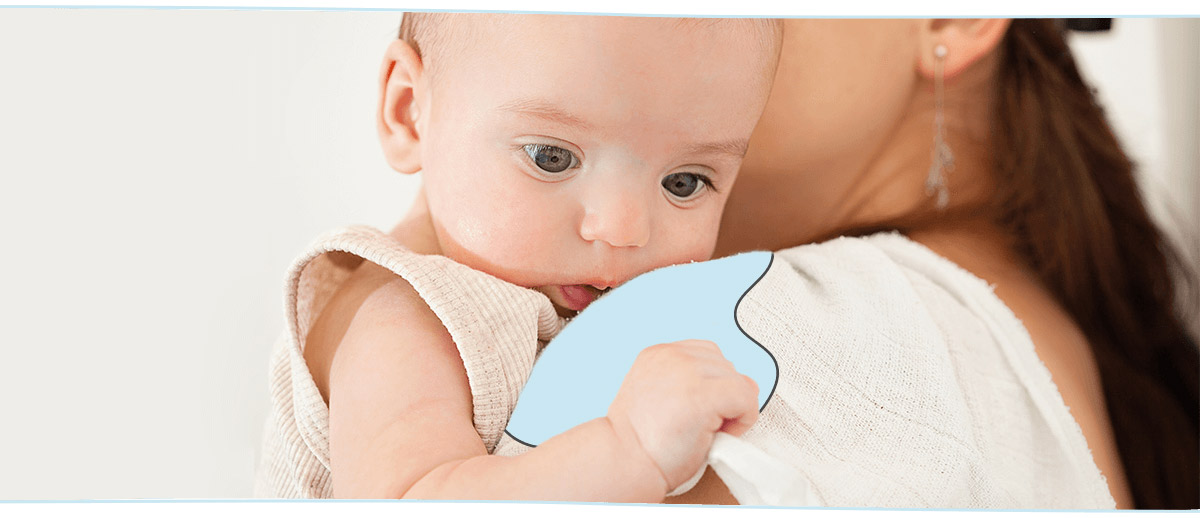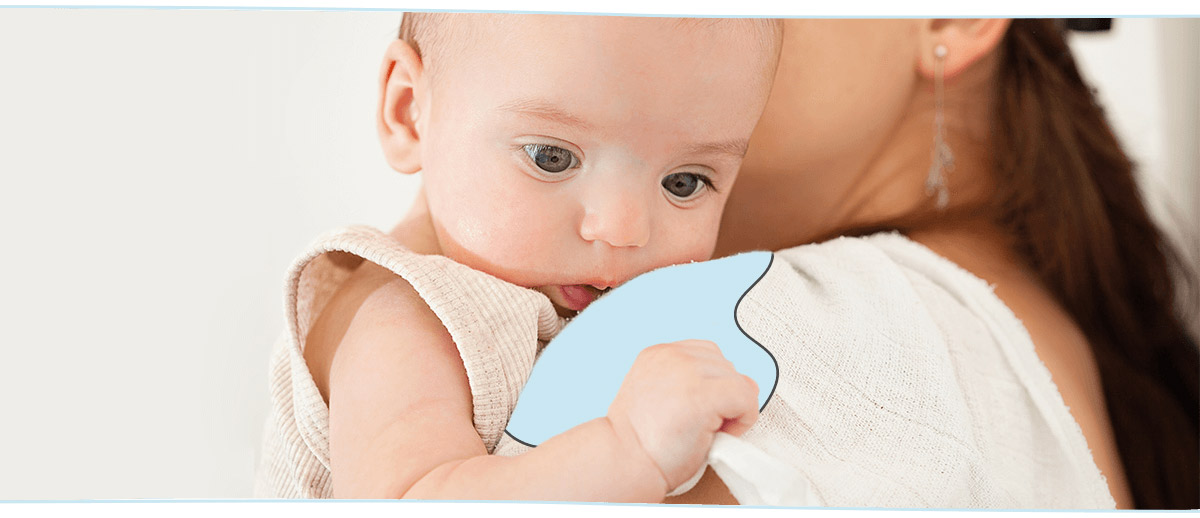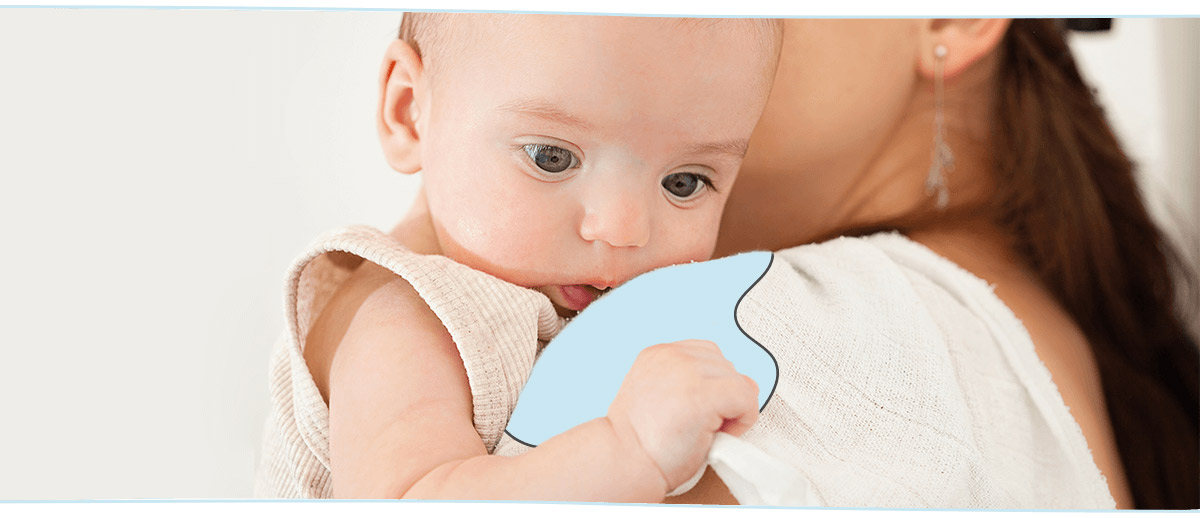It might seem like a lot (especially when it adorns one of your favourite dresses), but the amount of liquid your baby spits up might not be as much as you think. If your baby spits up more than a tablespoon at a time (or if the spit-up is associated with respiratory difficulties such as choking, coughing, or wheezing), ask your health care professional if there is a reason to be concerned.
Continue using Similac® Advance® (our closest formula ever to breast milk, and the only formula with an exclusive blend of DHA, lutein, and vitamin E) and try feeding her smaller amounts, but more often. Also, hold her in a more upright position both during and after feedings.
You can try using a different bottle or nipple, and make sure you burp her every 5 to 10 minutes while feeding.
After her feeding, keep your baby in an upright position; lying flat on a full stomach can lead to spit-up. Also, avoid too much activity immediately after feeding.







